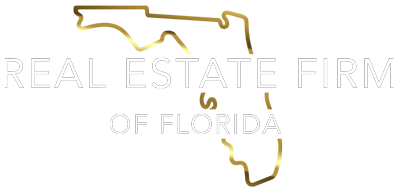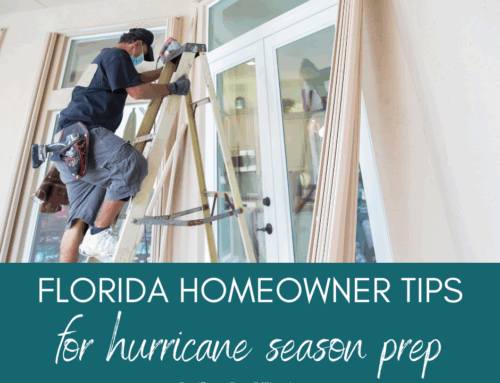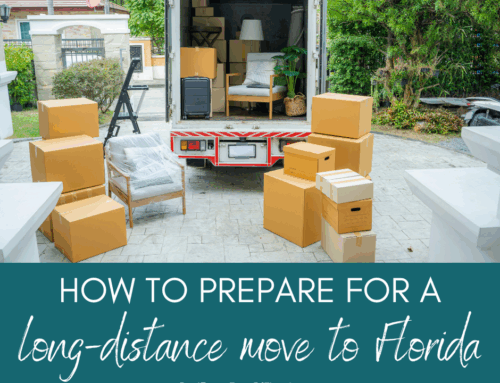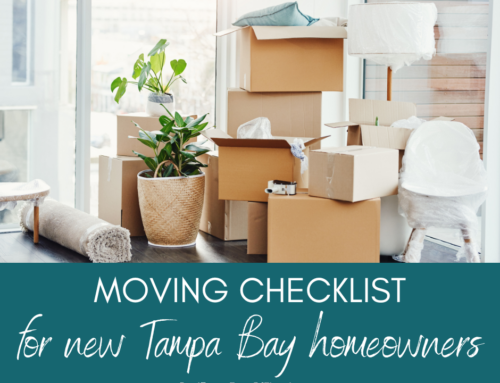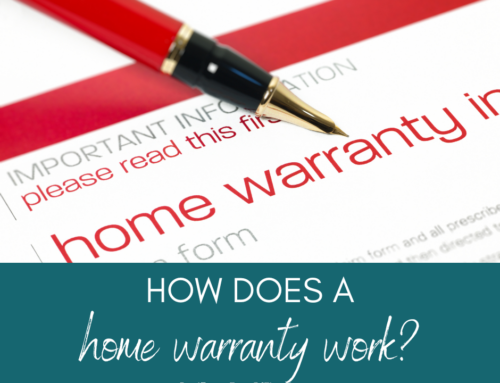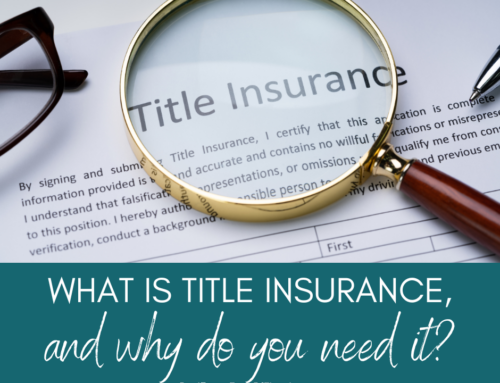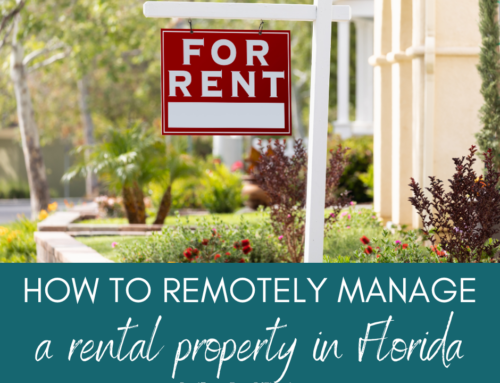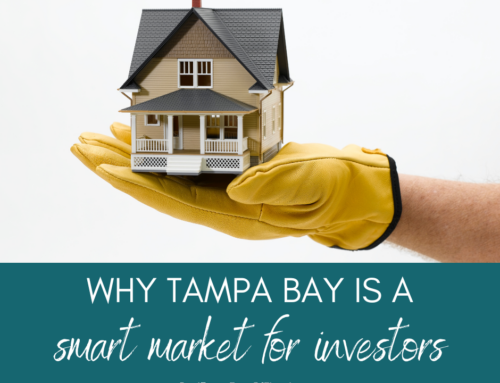What You Should Know About Florida’s Property Taxes

If you’re planning to buy a home in Florida, it’s important to understand how property taxes work—before you sign on the dotted line. Florida has no state income tax, which makes it attractive to many buyers, but property taxes still play a big role in your overall housing costs. This guide walks you through how property taxes are calculated, how often they’re paid, and what exemptions you may qualify for as a homeowner in Florida.
This guide explains the following:
-
How Florida property taxes are calculated
-
When and how property taxes are paid
-
What the Florida Homestead Exemption is
-
How to estimate your annual property tax
-
What happens if you don’t pay your property taxes
Here’s a closer look at each.
How Florida Property Taxes Are Calculated
Florida property taxes are based on the assessed value of your home and the millage rate set by local taxing authorities, including counties, municipalities, school districts, and special districts.
Here’s a simplified breakdown:
-
Assessed value: This is the value your county property appraiser assigns to your home each year. It may be different from the market value.
-
Exemptions: Qualifying exemptions (like the Homestead Exemption) reduce your taxable value.
-
Millage rate: This rate is expressed in mills, where one mill equals $1 of tax per $1,000 of taxable value.
So, your property tax bill = (Assessed value − exemptions) × millage rate.
The millage rate varies depending on where your home is located. Counties like Hillsborough, Pinellas, and Pasco may have different rates depending on city services, schools, and other local needs.
When and How Property Taxes Are Paid
Florida property taxes are billed annually, and payments are typically due by March 31 of the following year. However, you’ll get a discount for paying early:
-
4% discount if paid in November
-
3% in December
-
2% in January
-
1% in February
Most homeowners pay their taxes through an escrow account, which means your lender collects a portion of your estimated taxes each month as part of your mortgage payment. When taxes are due, the lender pays them on your behalf.
If you don’t escrow, you’ll need to pay your property tax bill directly to the county tax collector. Each county has its own payment portal.
What the Florida Homestead Exemption Is
The Florida Homestead Exemption helps reduce your property taxes if the home is your primary residence. It lowers your home’s taxable value and caps how much that value can increase each year.
Benefits of the Homestead Exemption:
-
Up to $50,000 off your assessed value
-
A cap that limits assessed value increases to 3% per year (or the Consumer Price Index, whichever is lower)
-
Protection against steep tax increases during market spikes
To qualify, you must:
-
Own and occupy the home as your primary residence
-
File for the exemption with your county’s property appraiser
-
Apply by March 1 of the year you want the exemption to take effect
This exemption can lead to major savings over time. Your REALTOR® or lender can help you determine if you qualify and how to apply.
How to Estimate Your Annual Property Tax
To get an estimate of your annual property tax, follow these steps:
-
Look up the assessed value of the home on the county property appraiser’s website
-
Subtract any exemptions you may qualify for
-
Multiply the result by the local millage rate
Example:
If the assessed value is $300,000, and you qualify for the $50,000 homestead exemption, your taxable value is $250,000. If your millage rate is 20 mills (or 0.020), your estimated property tax would be:
$250,000 × 0.020 = $5,000 per year
Keep in mind that new construction homes or homes sold recently may be reassessed at their sale price the following year.
You can also find helpful tools and resources on Florida’s official state site or directly from your county’s property appraiser.
What Happens if You Don’t Pay Your Property Taxes
Unpaid property taxes can lead to serious consequences. If you miss the deadline, the county will charge penalties and interest. Eventually, the tax lien can be sold at auction, and the buyer could initiate a tax deed sale.
Here’s what to expect:
-
Interest and late fees will begin accruing after April 1
-
A tax certificate may be sold to investors by June 1
-
If the certificate goes unpaid, a tax deed sale can happen after 2 years
This is why many buyers choose to pay through escrow—it ensures taxes are paid on time and avoids penalties.
If you’re concerned about affordability or changes in your tax bill, talk to your REALTOR or mortgage lender before closing. They can help you understand the full cost of ownership.
FAQ About Florida Property Taxes
Check out these commonly asked questions about Florida property taxes. If you don’t see your question here, please call our office and we’ll find you the answers you need.
Are Florida Property Taxes Higher Than in Other States?
Florida’s property tax rates are generally moderate, and there’s no state income tax to offset. How much you pay depends heavily on where in the state you buy and your home’s value.
Do Snowbirds Qualify for the Homestead Exemption?
No. The Florida Homestead Exemption only applies to your primary residence. You must be a permanent Florida resident and live in the home at least half the year.
Can My Property Taxes Go Up After I Buy a Home?
Yes. If the home’s assessed value increases or if the home was previously protected by a homestead cap, the assessed value may reset to the purchase price, which could increase your tax bill.
Can I Appeal My Property Tax Assessment?
Yes. If you believe your home’s assessed value is too high, you can file an appeal with your county property appraiser. There’s a limited window each year to do this.
What If I Have Trouble Paying My Property Taxes?
Most counties offer payment plans or assistance programs for those facing hardship. Reach out to your local tax collector or county office for options.
Understanding how property taxes work in Florida can help you budget wisely and take advantage of available savings. With the right information and a trusted REALTOR, you can buy with confidence and avoid surprises down the road.
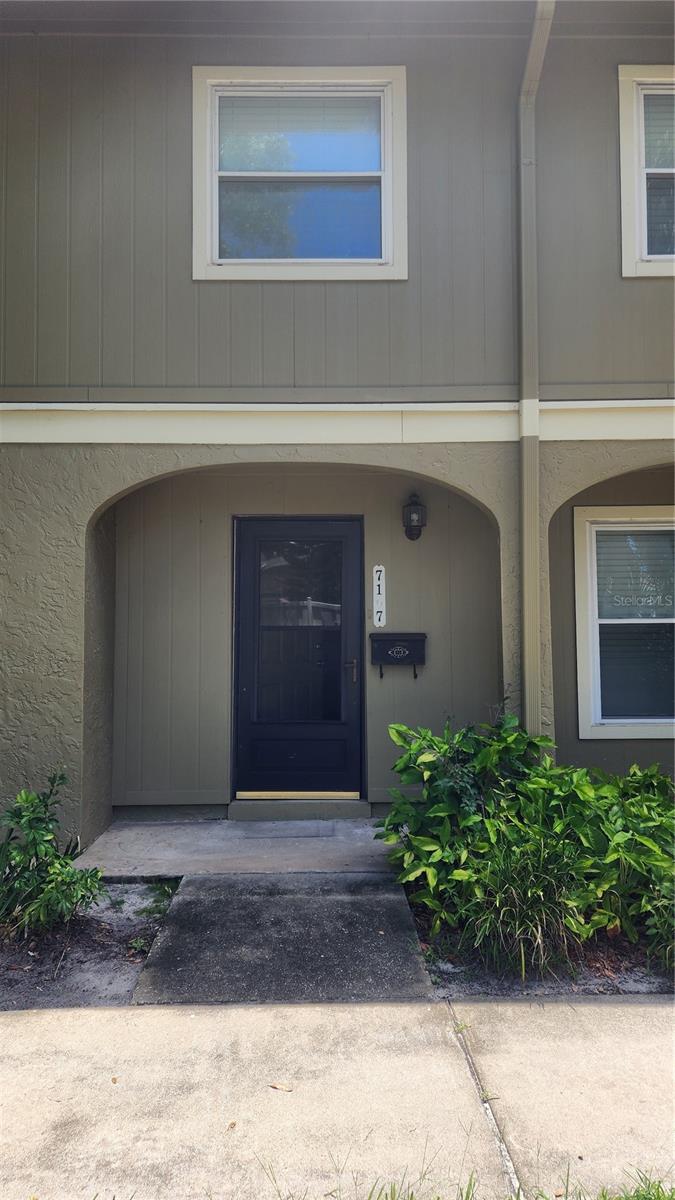 $239,900
Active
$239,900
Active
7107 Hernando Court Tampa, Florida
3 Beds 2 Baths 1,296 SqFt 0.02 Acres
 $477,000
Pending
$477,000
Pending
2308 Cape Bend Avenue Tampa, Florida
3 Beds 2 Baths 1,653 SqFt 0.36 Acres
 $749,800
Active
$749,800
Active
12801 Stanwyck Circle Tampa, Florida
4 Beds 3 Baths 3,086 SqFt 0.23 Acres
 $1,000,000
Active
$1,000,000
Active
3906 Floyd Road Tampa, Florida
5 Beds 3 Baths 3,787 SqFt 0.57 Acres
Are You Buying or Selling a Home in Tampa Bay?
You can use this website to search homes for sale in Tampa Bay and all its communities. Our site is directly connected to the Tampa Bay MLS, and we update our listings every hour. You can even use our site to create your own account and get emails as soon as a new home hits the market, price change alerts and so much more.
While you’re here, check out these listings:
Join our team
Please fill out the below form completely and include your resume & cover letter and we will get back to you quickly!
